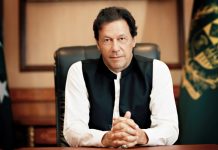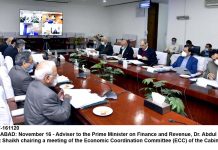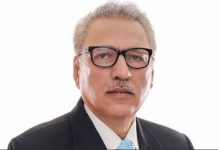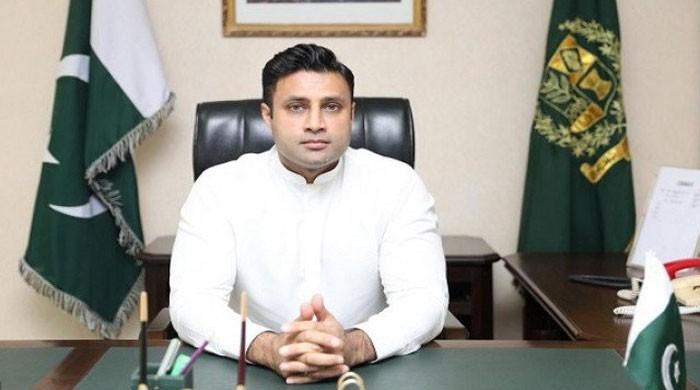مضمون کا ماخذ : resultados loteria São Paulo
IMF to assist Pakistan based on UNDP and WB flood assessments
The International Monetary Fund (IMF) said on Thursday it is awaiting World Bank and UNDP’s assessment report to assess how it can help Pakistan.
T1 इलेक्ट्रॉनिक आधिकारिक गेम प्लेटफ़ॉर्म वेबसाइट
The International Monetary Fund (IMF) said on Thursday it is awaiting World Bank and UNDP’s assessment report to assess how it can help Pakistan after the economic devastation as a result of unprecedented flooding in the country.
The global lender also shared that it would send a team in November to Pakistan after the annual meetings as part of preparations for the next review.
However, it said it will wait for the assessment of the damages that the World Bank and UNDP are conducting at the moment.
“We are waiting for the assessment of the damages that the World Bank and UNDP are conducting to see what are the repercussions on public finance and the impact on the economy and on the society,” IMF’s Director of the Middle East and Central Asia Department Jihad Azour said in a press briefing in Washington on Thursday.
“We were saddened by the loss of human as well as also livelihood in Pakistan with the flood and we presented, and we reiterate our condolences for the people of Pakistan. The Fund has been very supportive of Pakistan over the last period. We have a programme with Pakistan that has been extended and increased in size.”
Azour said the Fund has done this to help Pakistan deal with the confluence of shocks starting with the Covid-19 crisis where it provided the country with additional flexibility.
“We had recently completed a review that provided Pakistan with $1.2 billion,” he said.
The IMF director said that they will see how it could help Pakistan based on the WB and UNDP assessment. He said the Fund would update its numbers and based on its discussion with the authorities, it would also listen to them about their priorities.
“Subsidy that is targeted to support certain items has proved not to be very effective. I would say it has proved to be very regressive,” he said. “In our regional economic outlook, we are again looking at this issue that is showing that this is not the best way to use the very limited fiscal space that exists.”
The Fund encourages Pakistan and other countries to discontinue untargeted subsidies that are a waste of resources, he said. He also stressed that the IMF encourages countries to dedicate these resources to those who need them most.
The IMF director said it is very critical to reallocate resources for those who need them the most given the fact that challenges are mounting and the increase in prices is hurting. This is not part of IMF conditions, but it is needed to provide the right protection to those who need it during a time of high inflation, he added.












